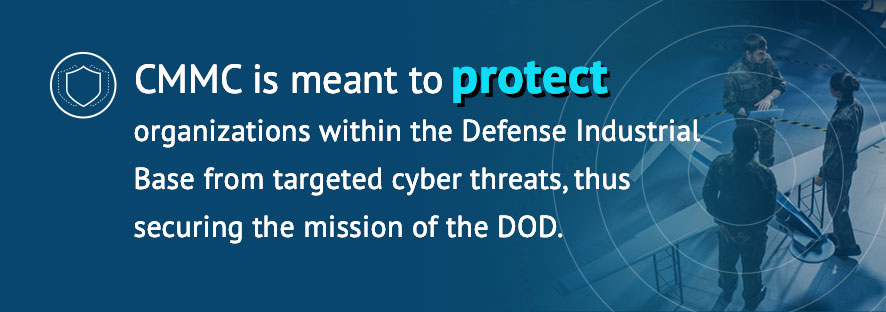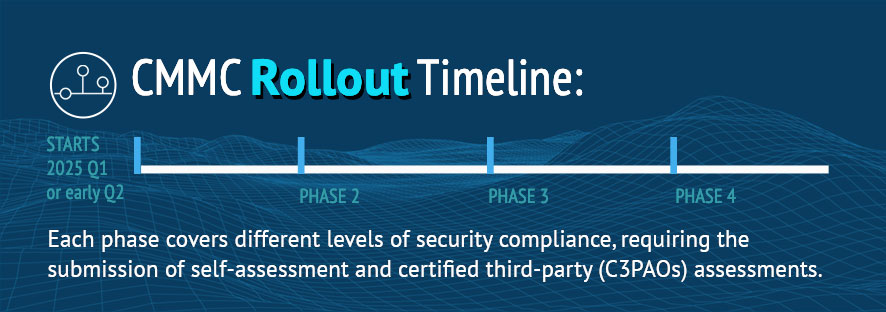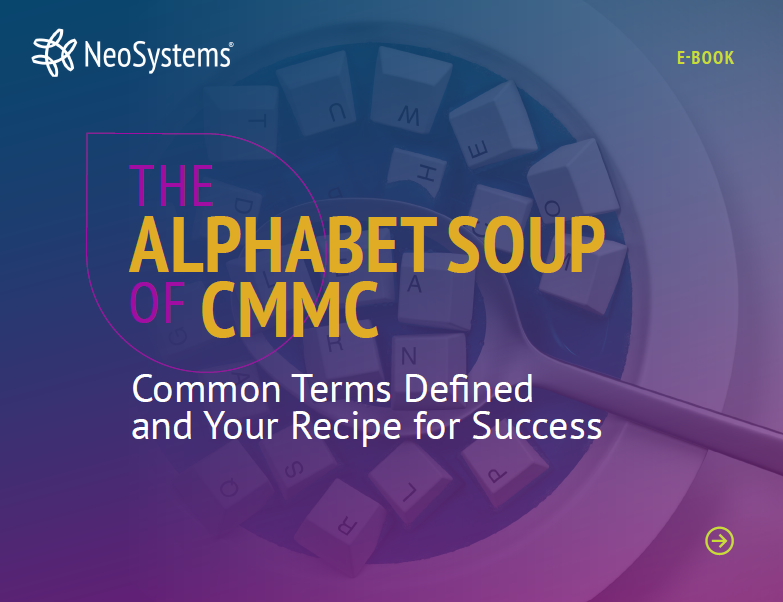Understanding the Cybersecurity Maturity Model Certification (CMMC): What Contractors Need to Know
Cyber threats targeting the Defense Industrial Base (DIB) have grown in sophistication, scale, and intent—putting sensitive national security information at risk. In response, the Department of Defense (DoD) has formalized the Cybersecurity Maturity Model Certification (CMMC) through a final rule (32 CFR Part 170), creating an enforceable framework to verify that contractors and subcontractors are capable of protecting Controlled Unclassified Information (CUI) and Federal Contract Information (FCI).
In this page, we break down what CMMC is, who it applies to, how its structured, what each certification level entails, key timelines, and how to choose the right external service provider to help meet compliance head-on.












